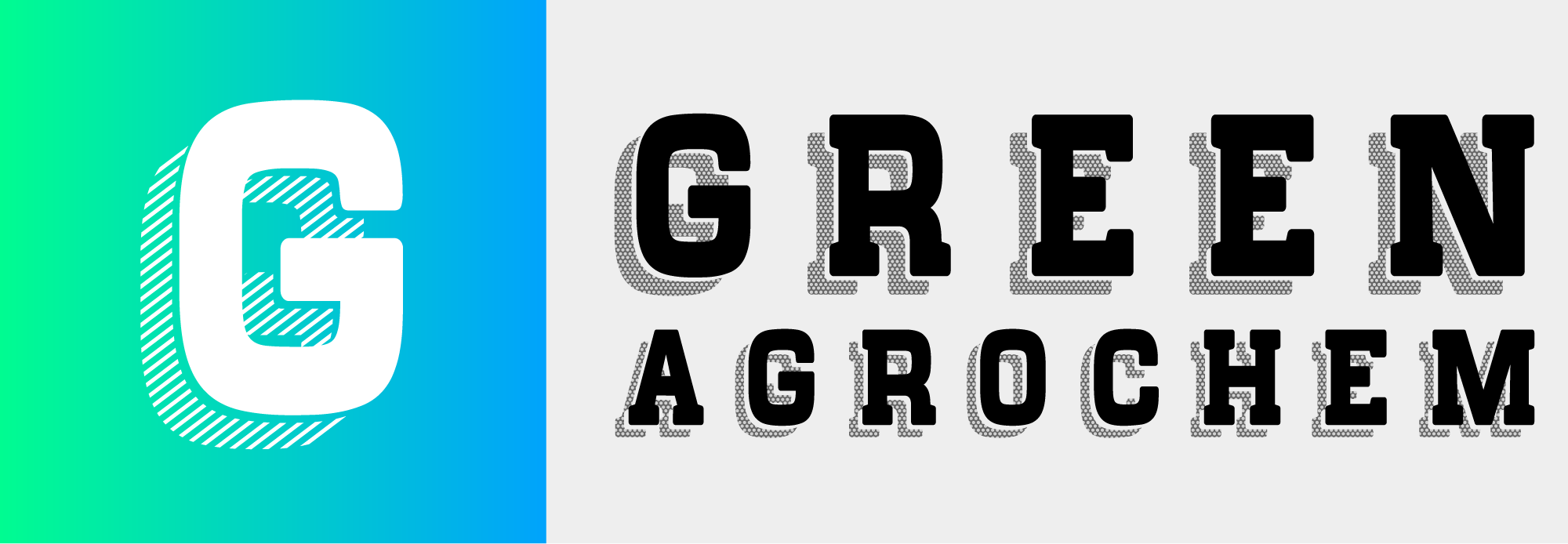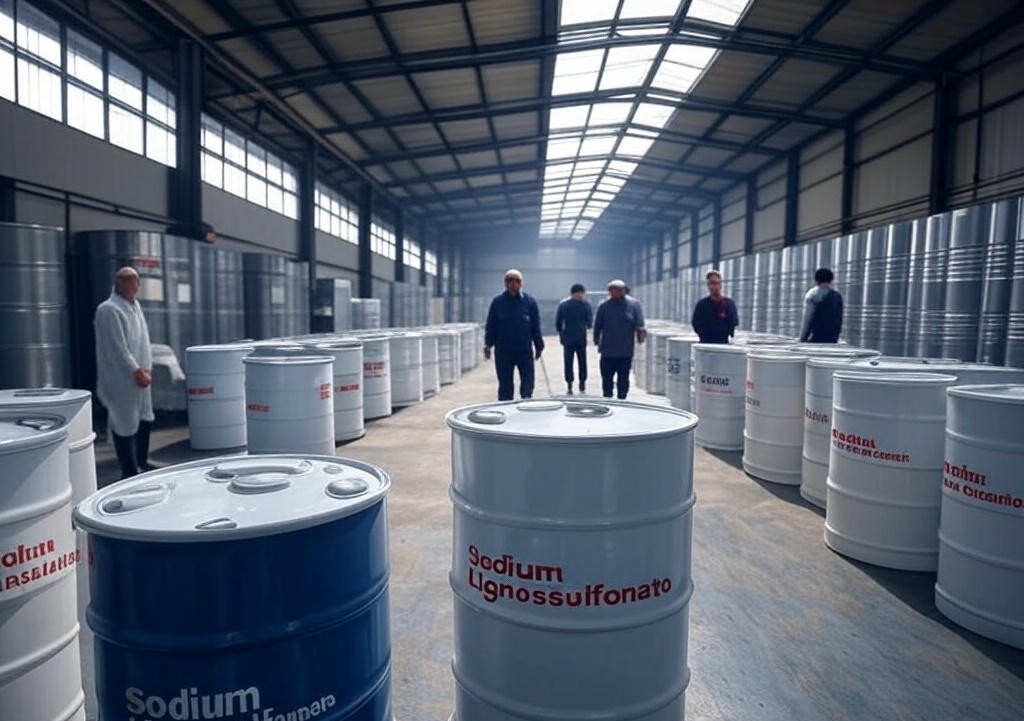Sodium lignosulfonate, a versatile chemical derived from lignin during the sulfite pulping process, is widely used in industries such as construction, agriculture, animal feed, and chemical manufacturing. In the USA, numerous suppliers and distributors provide sodium lignosulfonate in various forms, including liquid and powder, catering to diverse industrial needs.
Overview of Sodium Lignosulfonate Suppliers in the USA
The USA has a robust network of chemical suppliers and distributors that offer sodium lignosulfonate, driven by the country’s strong industrial base and demand for this compound in applications like concrete admixtures, dispersants, binders, and dust control agents. Suppliers typically operate as either manufacturers producing sodium lignosulfonate domestically or distributors importing and supplying it from global sources. Many are strategically located near industrial hubs or ports to facilitate efficient logistics and distribution across North America.
Suppliers in the USA provide sodium lignosulfonate in various grades, such as technical-grade for industrial use and specialized grades for agriculture (e.g., OMRI-listed products for organic crop production). The product is available in bulk liquid form, typically shipped in tankers or drums, or as dry powder in bags, depending on the application. Some suppliers also offer customized formulations tailored to specific industries, such as high-purity sodium lignosulfonate for chemical synthesis or low-sugar variants for animal feed.
Key Applications Driving Demand
The availability of sodium lignosulfonate in the USA is closely tied to its diverse applications:
- Construction: Sodium lignosulfonate is widely used as a water-reducing agent and plasticizer in concrete admixtures, improving workability and strength while reducing costs. Suppliers cater to construction companies needing consistent, high-quality products for large-scale projects.
- Agriculture: It serves as a dispersant in pesticide and fertilizer formulations and as a binder in animal feed pellets. Some suppliers offer organic-certified sodium lignosulfonate for eco-friendly farming practices.
- Industrial Applications: The chemical is used as a dispersant in dyes, ceramics, and carbon black, as well as a binder in briquettes and a dust suppressant for roads and mining operations.
- Other Uses: Sodium lignosulfonate finds applications in oil drilling, water treatment, and as a raw material in chemical manufacturing, driving demand for specialized grades.
Sourcing Sodium Lignosulfonate in the USA
To source sodium lignosulfonate in the USA, buyers can explore several channels:
- Chemical Distributors: Many distributors maintain extensive inventories of sodium lignosulfonate, offering both domestic and imported products. These distributors often provide additional services like supply chain management, just-in-time delivery, and technical support to ensure the product meets application-specific requirements.
- Manufacturers: Some USA-based companies produce sodium lignosulfonate as a byproduct of the pulp and paper industry. These manufacturers may offer competitive pricing for bulk orders and direct access to freshly produced material.
- Online Chemical Marketplaces: Online directories and B2B platforms list multiple suppliers, allowing buyers to compare product specifications, request quotes, and verify supplier credentials. These platforms often include detailed product descriptions, such as CAS numbers (e.g., 8061-51-6 for sodium lignosulfonate), purity levels, and packaging options.
- Industry Associations and Trade Shows: Engaging with chemical industry associations or attending trade shows in the USA can connect buyers with reputable suppliers. These events provide opportunities to discuss product specifications, explore new suppliers, and stay updated on market trends.
Considerations for Choosing a Supplier
When selecting a sodium lignosulfonate supplier in the USA, consider the following factors:
- Product Quality and Specifications: Ensure the supplier offers the appropriate grade (e.g., technical, agricultural, or food-grade) and provides detailed specifications, such as purity, pH, and sugar content. Request certificates of analysis (CoA) to verify quality.
- Certifications: For agricultural or organic applications, check if the product is certified (e.g., OMRI-listed). For industrial uses, confirm compliance with relevant standards, such as ASTM for concrete admixtures.
- Packaging and Delivery: Verify whether the supplier can provide the desired packaging (e.g., 25 kg bags, 1000 L IBC totes, or bulk tankers) and offers reliable logistics, especially for time-sensitive projects.
- Sustainability and Sourcing: Some suppliers emphasize eco-friendly production, using lignin from sustainable forestry practices. This may be a priority for environmentally conscious buyers.
- Technical Support: Reputable suppliers often provide technical assistance, such as guidance on product application, dosage recommendations, or formulation advice.
- Pricing and Minimum Order Quantities (MOQs): Compare pricing across suppliers, keeping in mind that bulk purchases often yield better rates. Be aware of MOQs, as some suppliers may require minimum orders for certain grades or packaging types.
Market Trends and Availability
The USA’s sodium lignosulfonate market is influenced by its role as a cost-effective, eco-friendly alternative to synthetic chemicals. The construction sector’s growth, particularly in infrastructure projects, drives significant demand for sodium lignosulfonate as a concrete admixture. Additionally, the increasing adoption of organic farming practices boosts demand for certified products in agriculture. Suppliers are adapting by offering more sustainable and specialized formulations to meet these trends.
The USA also plays a significant role in the global lignosulfonate market, with some suppliers exporting to international markets. This ensures a steady domestic supply, as production capacity is often scaled to meet both local and global demand. However, global supply chain disruptions or fluctuations in raw material availability (e.g., lignin from pulp mills) can impact pricing and lead times, so buyers should plan accordingly.
How to Connect with Suppliers
To find sodium lignosulfonate suppliers in the USA:
- Use Online Directories: Search chemical supplier directories for USA-based vendors. These platforms often allow filtering by location, product type, and certifications.
- Request Quotes: Contact multiple suppliers to compare pricing, specifications, and delivery terms. Provide detailed requirements, such as quantity, grade, and application, to receive accurate quotes.
- Verify Supplier Reliability: Check supplier reviews, industry reputation, and certifications. Request samples if testing is needed before committing to large orders.
- Leverage Industry Networks: Reach out to trade organizations or attend industry events to connect with suppliers and learn about new products or innovations.
Additional Tips
- Custom Formulations: If your application requires specific properties (e.g., low sodium content or high dispersibility), discuss customization options with suppliers.
- Regulatory Compliance: Ensure the product complies with relevant regulations, such as EPA guidelines for environmental applications or FDA standards for food-related uses.
- Local vs. National Suppliers: Local suppliers may offer faster delivery for smaller orders, while national distributors often provide better pricing for bulk purchases.

